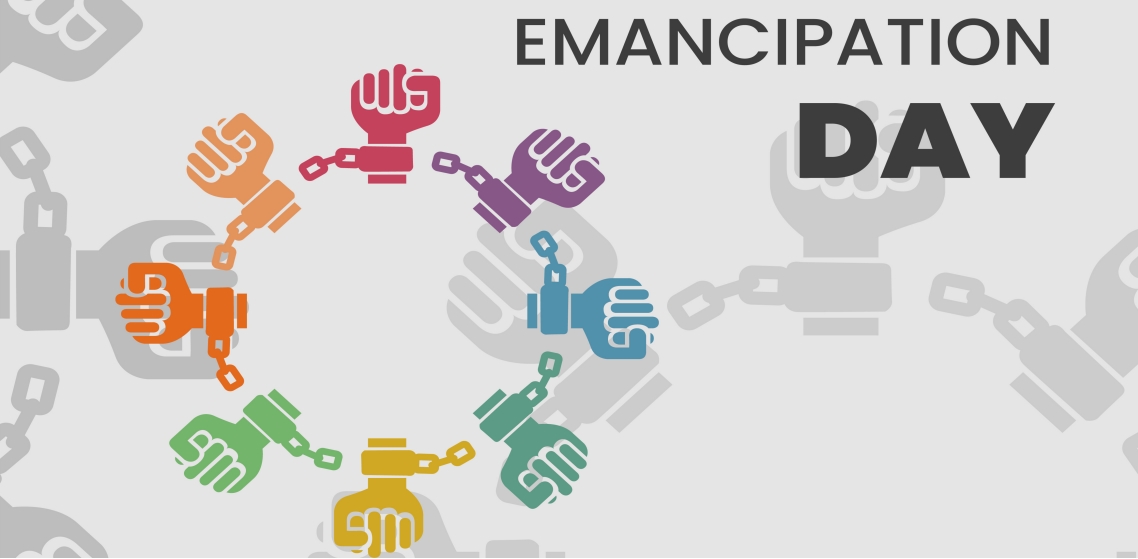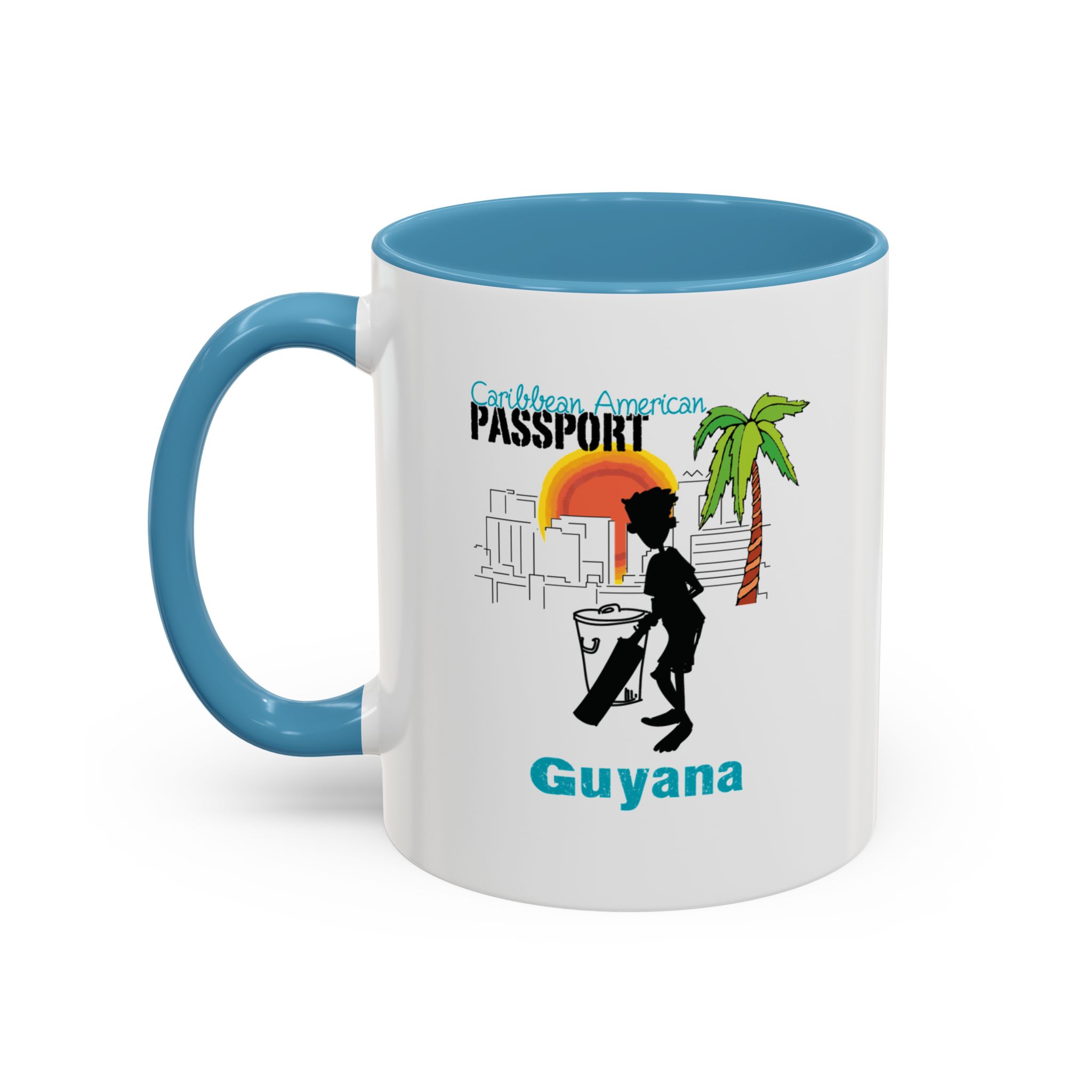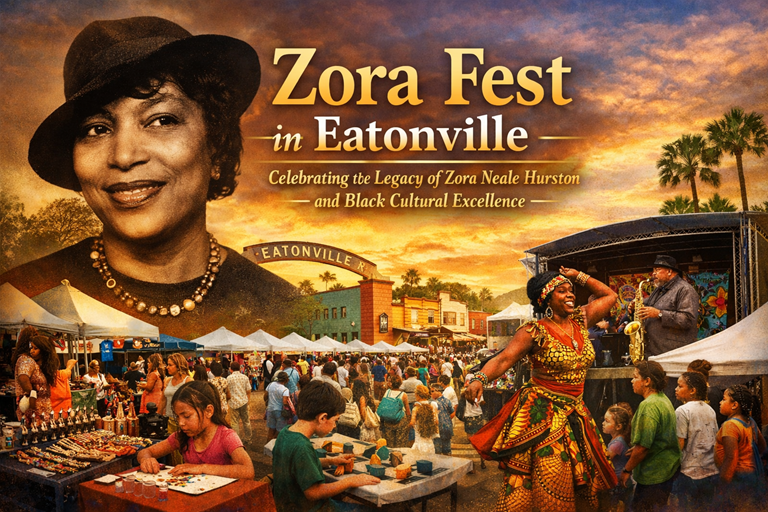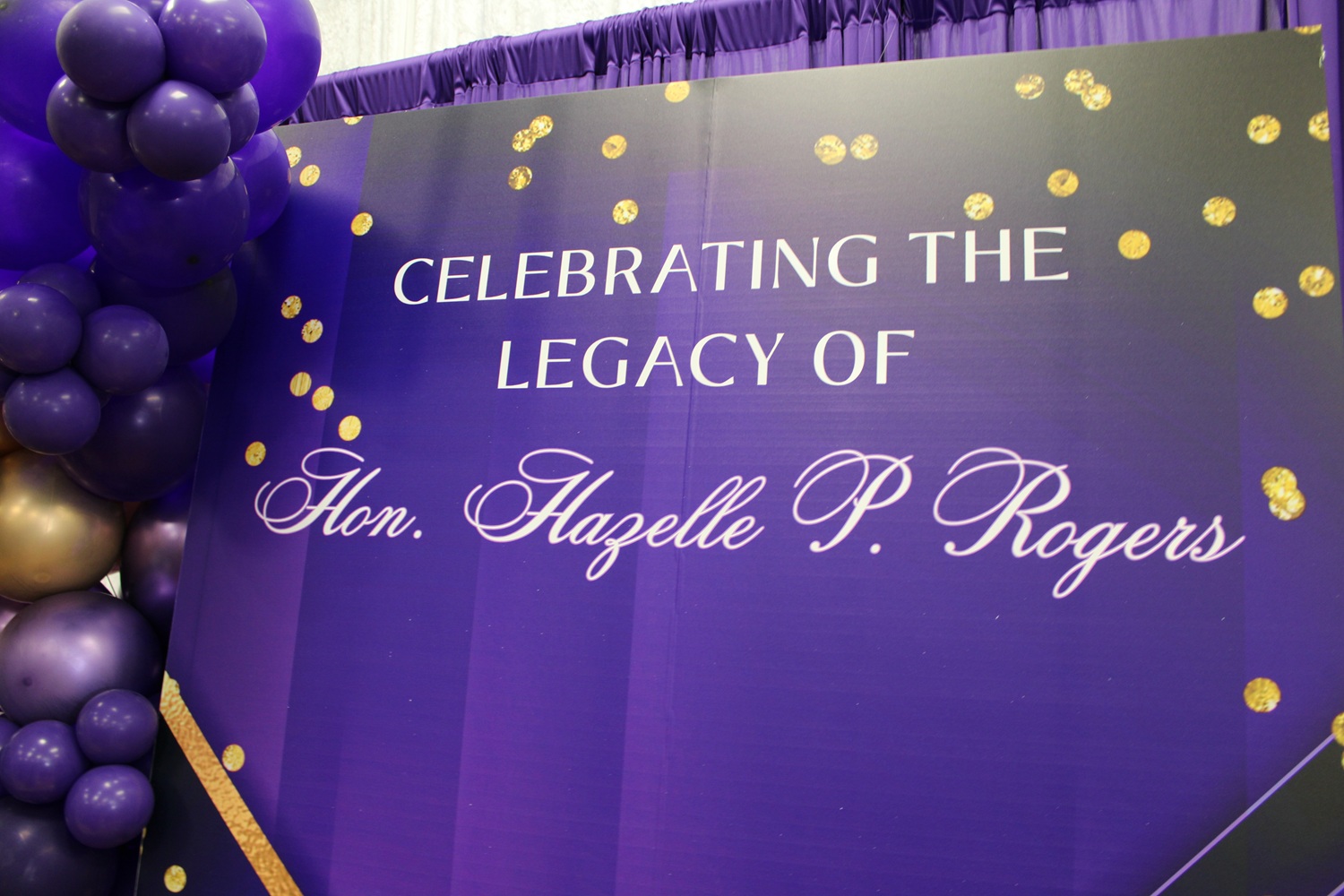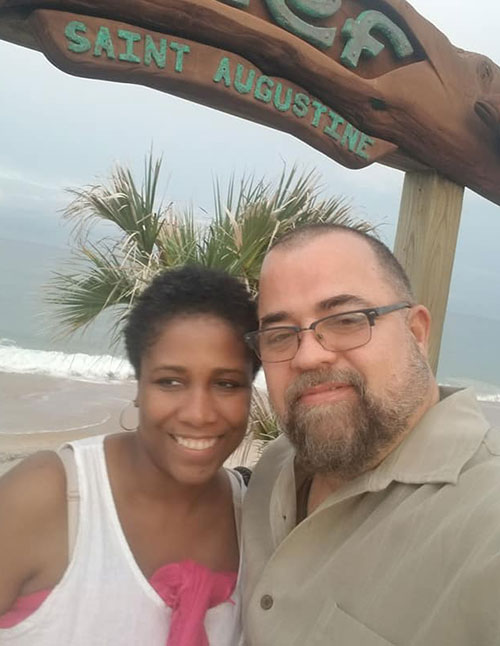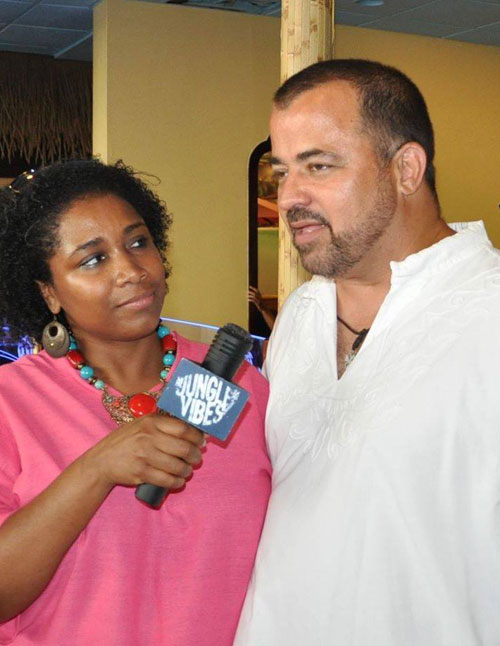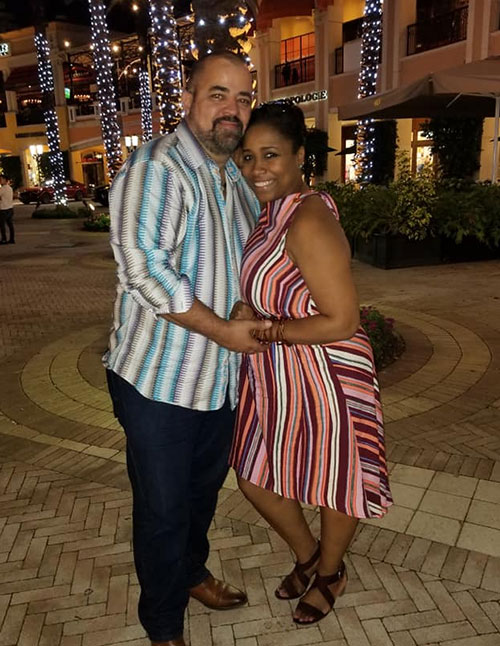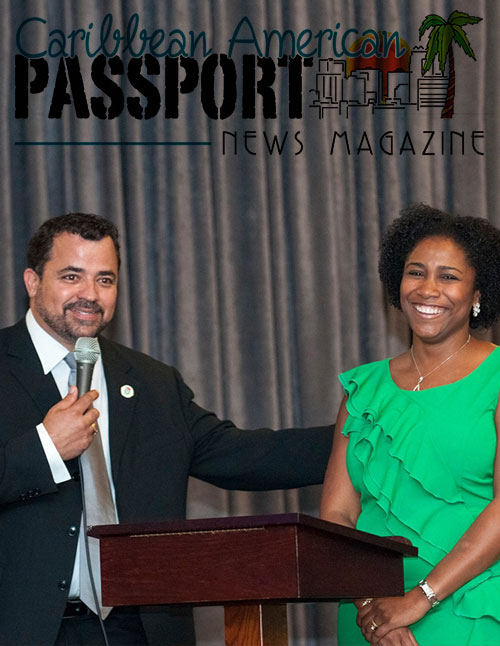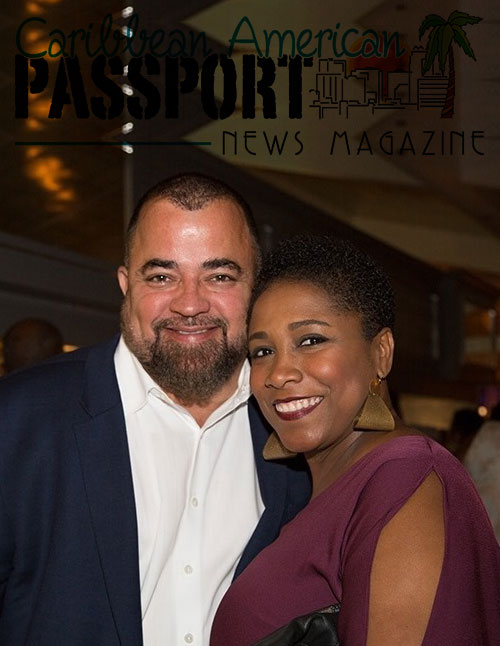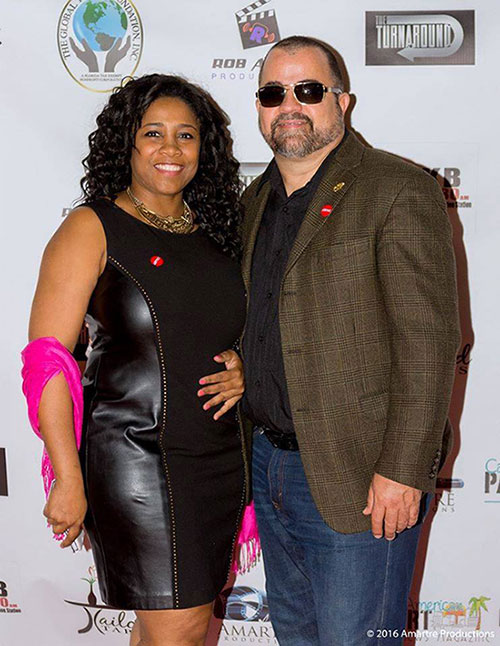Emancipation Day, observed annually on August 1st in many Caribbean nations, marks a pivotal moment in history—the abolition of slavery across the British Empire in 1834. For the Caribbean American community, this day is more than just a historical milestone; it is a time for reflection, celebration, and a renewed commitment to preserving the cultural heritage that has been shaped by a resilient past.
The roots of Emancipation Day lie in the relentless struggle for freedom by enslaved Africans and their descendants in the Caribbean. After centuries of brutal exploitation under colonial rule, the passing of the Slavery Abolition Act in 1833, which came into effect on August 1, 1834, was a monumental step towards ending the inhumane institution of slavery in the British colonies.
The journey to freedom was not straightforward. Even after the abolition of slavery, many formerly enslaved people faced continued hardships under the apprenticeship system, which required them to work for their former masters for a few more years. True emancipation, which allowed for full freedom, only came on August 1, 1838. This period is a reminder of the tenacity, courage, and unyielding spirit of those who fought for their liberty and human dignity.
For the Caribbean American community, Emancipation Day is a deeply meaningful occasion that serves multiple purposes. It is a day to honor ancestors, celebrate cultural heritage, and reflect on the ongoing struggles for racial justice and equality.
Emancipation Day is a time to remember and pay tribute to the millions of enslaved Africans who endured unimaginable hardships yet managed to preserve their humanity and cultural identity. Caribbean Americans use this day to honor their ancestors' legacy by passing down stories, traditions, and customs that have been integral to their survival and resilience.
Ceremonies, reenactments, and educational events are often held to educate younger generations about the significance of this day, ensuring that the history of slavery and the fight for freedom are never forgotten. These acts of remembrance are crucial in maintaining a strong sense of identity and pride within the Caribbean American community.
Emancipation Day is also a celebration of the rich and diverse cultural heritage that has emerged from the Caribbean. The day is often marked by vibrant festivals featuring traditional music, dance, food, and art that reflect the unique blend of African, Indigenous, European, and Asian influences in Caribbean culture.
In the United States, Caribbean American communities come together to host events that showcase their cultural contributions to the broader American tapestry. From steelpan performances and reggae concerts to culinary showcases and art exhibitions, these celebrations are a powerful expression of cultural pride and unity.
While Emancipation Day marks the end of slavery, it also serves as a reminder that the fight for true freedom and equality is far from over. The Caribbean American community continues to grapple with the legacy of colonialism, racism, and economic inequality. Emancipation Day provides an opportunity to reflect on these challenges and to renew the commitment to advocating for social justice and human rights.
In the wake of global movements for racial equality, such as Black Lives Matter, Emancipation Day takes on even greater significance. It is a day to amplify the voices of those who continue to fight against systemic racism and to advocate for policies that promote equity and justice for all.
Emancipation Day is more than just a commemoration of the past; it is a call to action for the present and future. For Caribbean Americans, it is a day that unifies them in their shared history and common aspirations. It is a reminder that the struggle for freedom and dignity is a continuous journey, one that requires vigilance, solidarity, and a deep commitment to the values of justice and equality.
As Caribbean Americans gather to celebrate Emancipation Day, they do so with the understanding that the freedoms they enjoy today were hard-won by those who came before them. It is a day to honor the sacrifices of the past, celebrate the vibrant culture that has emerged from it, and reaffirm the ongoing fight for a world where all people are truly free.

